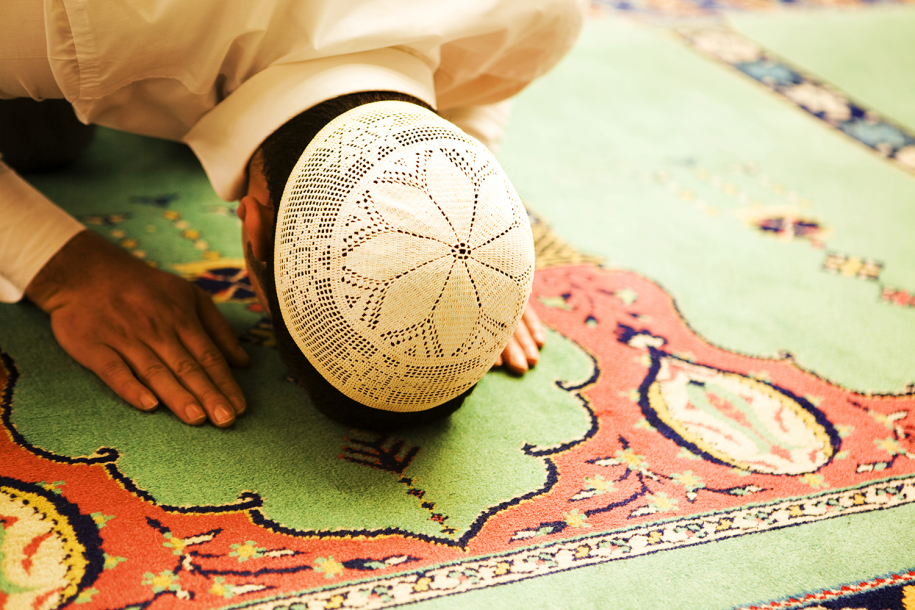
Breadcrumb
- Essential Partners
- Our Impact
- News and Notes
- Guiding Questions for Conversations About Faith
Guiding Questions for Conversations About Faith

In the wake of violence against people of faith, we mourn. We mourn with the victims and their families, and all those who are made to feel unsafe because of their religious identity.
As we wrestle with how best to respond and support one another, we wanted to share questions to prompt deeper conversations about religious difference. These questions can be used within and across faith communities. They can be used in a Reflective Structured Dialogue, in a less formal dialogue setting, or in your living room.
Before you begin an interfaith conversation, especially after a traumatic event, make sure that the other people are open to and interested in talking. In moments when emotions run high, it is important to make space for different responses and levels of engagement as people feel ready. This should include the option for people not to engage at all.
There are a few other things to consider before a tough conversation like this. What will make a space hospitable for conversation? Does it provide for physical comfort? Does it minimize distractions and maximize privacy? Will there be enough time for everyone to speak? And, perhaps most importantly, do you have what you need to listen with open curiosity—even if you hear things that feel challenging—and to share your own stories in ways that can be heard?
With those foundations in place, the questions below are intended to support conversations that help people feel seen and understood in complex ways.
- What do you wish people understood about your faith background (or lack thereof) and the role it plays in your day-to-day life?
- Can you share an experience you have had with people of different faiths that left you feeling hopeful for you and your community?
- Can you share an experience you have had around religious differences that has left you feeling hurt, confused, or out of step with your community?
- How does your faith or value system influence how you engage with your community, and the views you have around religious difference?
As we remind ourselves all the time in this work, but especially in moments of trauma and mourning: these conversations will be clumsy and imperfect. When people enter into communities and relationships in new ways, it can feel messy. You’ll make mistakes. So will others. People will express a range of emotions—anger, bitterness, fear, frustration. Prepare yourself to hear them. Prepare yourself to feel them, as well.
A conversation after traumatic events will take care and courage. As you and those around you feel ready, consider inviting one another into imperfect moments of humble and earnest support.
